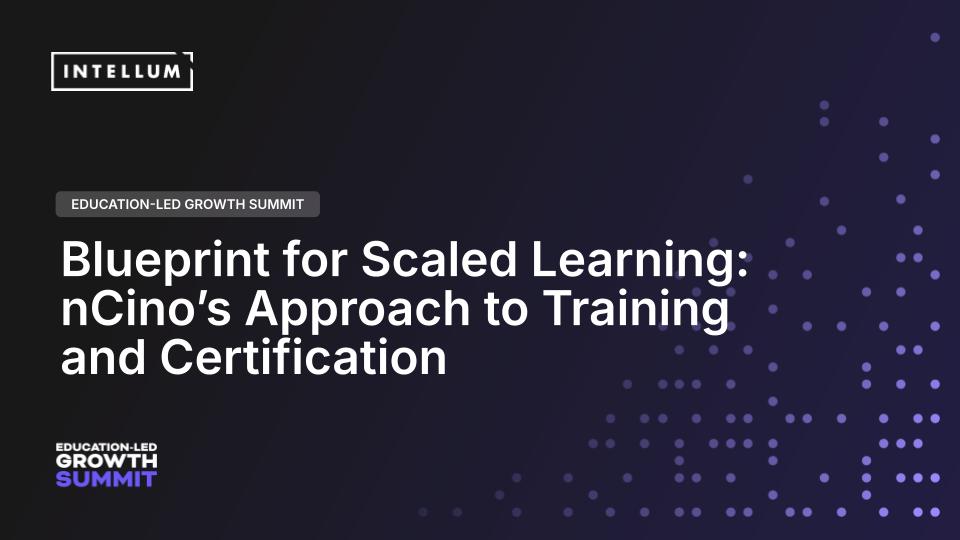Recap
The recent webinar delved into the quantifiable impact of customer education on business metrics, presenting revealing insights from a Forrester Consulting report commissioned by Intellum. The report surveyed 300 customer education decision makers, highlighting significant returns on investment. As Shannon Howard noted, the discussions were centered not only on the principles of customer education but also on its tangible advantages in terms of revenue and growth.
At the core of this discussion was the idea that effective customer education strategies can substantially elevate key business outcomes. John, a guest speaker, emphasized, "As organizations become more mature… it's no longer just about investing a little in customer education; it's becoming a core product." This perspective underscores the importance of integrating customer education into the core strategy, as it transitions from a cost to a profit driver.
Significant data points shared during the webinar underscored the measurable influence of fully formed customer education programs. Metrics such as a 35% increase in average customer lifetime value and a 30% rise in closed opportunities highlighted the impact of these initiatives. Greg Rose pointed out, "Education works when businesses are willing to invest in it," reiterating the value of strategic investment in educational programs.
A poll conducted during the webinar revealed intriguing trends, with 65% of the audience describing their programs as fully formalized. This trend reflects a shift towards more integrated and structured approaches to customer education, which aligns with the broader industry movement towards maturity in customer education offerings.
Another highlight of the discussion was a focus on actionable strategies to secure buy-in for educational investments. Forrester's total economic impact model was discussed as a tool to validate the function of customer education, providing insights that prompted attendees to reassess the scope and strategy of their learning initiatives.
An engaging dialogue unfolded around the transition from employee training-centric LMS to robust, externally focused systems capable of driving broad business impact. John noted, "The transition from employee LMS to external audience support is transforming the expected business outcomes in powerful, unprecedented ways."
In closing, the webinar stressed the need for orchestration of educational experiences across organizations. Effective orchestration, driven by cohesive strategies and scalable platforms, was cited as crucial to unlocking education's potential to drive continuous and measurable business impact.








